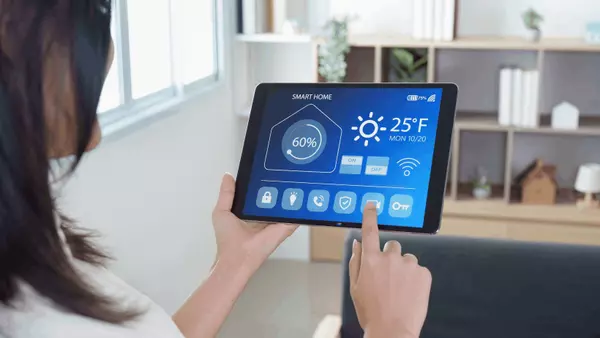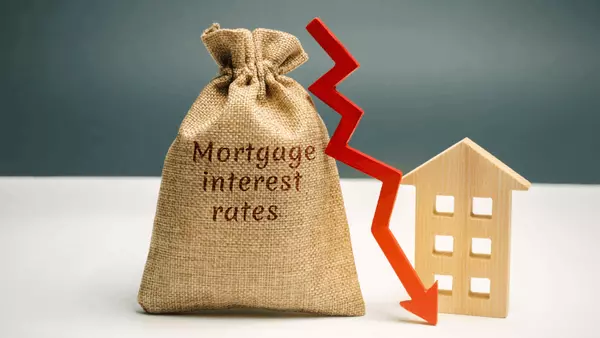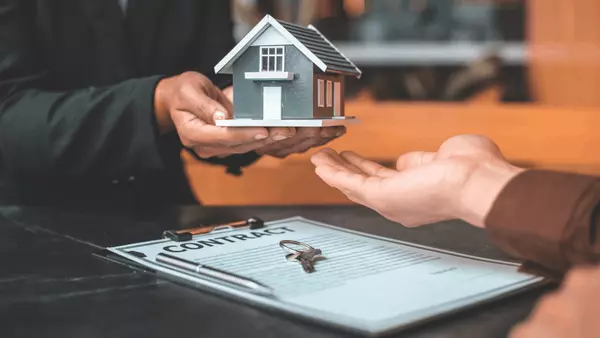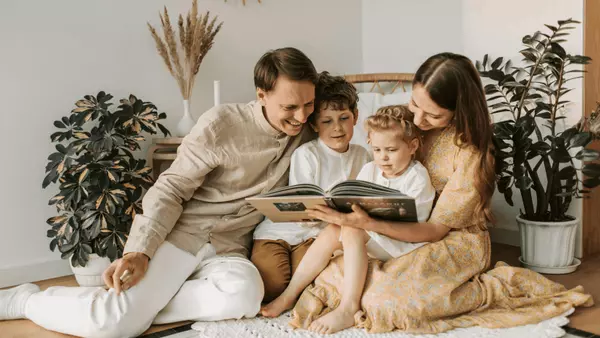RENT or OWN? REAL ESTATE and HOME

Deciding whether to rent or own a home is one of the most significant financial decisions many people face. Both options have their own set of benefits and drawbacks, and the right choice depends on individual circumstances, financial situation, and long-term goals. This blog explores the key factors to consider when deciding between renting and owning a home.
Financial Considerations
-
Initial Costs:
- Renting: Typically requires a security deposit and first and last month's rent.
- Owning: Involves a down payment (usually 3-20% of the purchase price), closing costs, and other fees such as home inspections and appraisals.
-
Monthly Payments:
- Renting: Rent payments are usually fixed for the duration of the lease but can increase upon renewal.
- Owning: Mortgage payments can be fixed or variable. Additionally, homeowners must budget for property taxes, insurance, and maintenance costs.
-
Long-Term Investment:
- Renting: No equity is built; payments go to the landlord.
- Owning: Monthly payments build equity over time. The home can appreciate in value, potentially providing a return on investment.
Lifestyle Considerations
-
Flexibility:
- Renting: Ideal for those who may need to move frequently or are not ready to commit to one location.
- Owning: Offers stability and the freedom to modify the property but can be limiting if relocation is necessary.
-
Maintenance and Repairs:
- Renting: The landlord is responsible for most maintenance and repairs.
- Owning: Homeowners must handle all maintenance, repairs, and upgrades, which can be time-consuming and costly.
-
Customization:
- Renting: Limited ability to personalize the living space.
- Owning: Freedom to renovate and customize the home to your liking.
Market Conditions
-
Housing Market:
- Renting: Rent prices can fluctuate based on market conditions but offer more immediate flexibility.
- Owning: Housing market trends impact home values and the ability to sell the property at a profit or loss.
-
Interest Rates:
- Renting: Not directly affected by interest rates.
- Owning: Mortgage rates can significantly impact the affordability of homeownership. Lower rates can make buying more attractive, while higher rates might tip the scale toward renting.
Tax Implications
- Renting: No direct tax benefits.
- Owning: Potential tax deductions for mortgage interest, property taxes, and certain home improvements. These benefits can reduce the overall cost of homeownership.
The decision to rent or own a home is deeply personal and varies based on financial situation, lifestyle preferences, and long-term goals. Renting offers flexibility and lower upfront costs, making it a good choice for those not ready to settle down. On the other hand, owning a home can be a sound investment, providing stability, equity growth, and potential tax benefits. Carefully weighing these factors will help you make the best decision for your unique circumstances.
For further reading on this topic, check out these resources:
By considering your financial situation, lifestyle needs, and the current market conditions, you can determine whether renting or owning is the best choice for you.
If you are ready to buy, let me know & I’ll find homes for you that are available both on and off-market. 😊
Categories
- All Blogs (293)
- All about Boston (49)
- Buyer Tips (139)
- December Home Maintenance and Safety Tips (1)
- FUN Facts (10)
- Home Décor Ideas (25)
- Home Improvements (1)
- Home Maintenance and Safety Tips (14)
- Infographics (10)
- Investing (82)
- Monday Motivation (6)
- Real Estate (87)
- Seller Tips (105)
- Storage and Organization (8)
- The Open Door Podcast (2)
- The truth about Real Estate (135)
- Tips (83)
Recent Posts











"My job is to find and attract mastery-based agents to the office, protect the culture, and make sure everyone is happy! "
